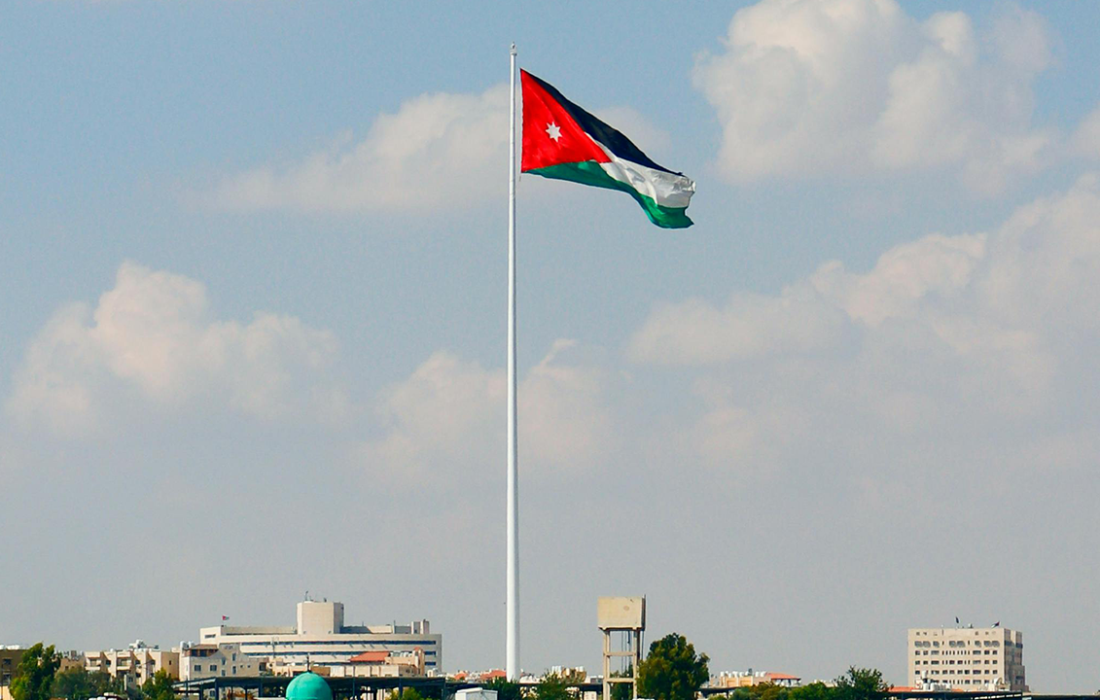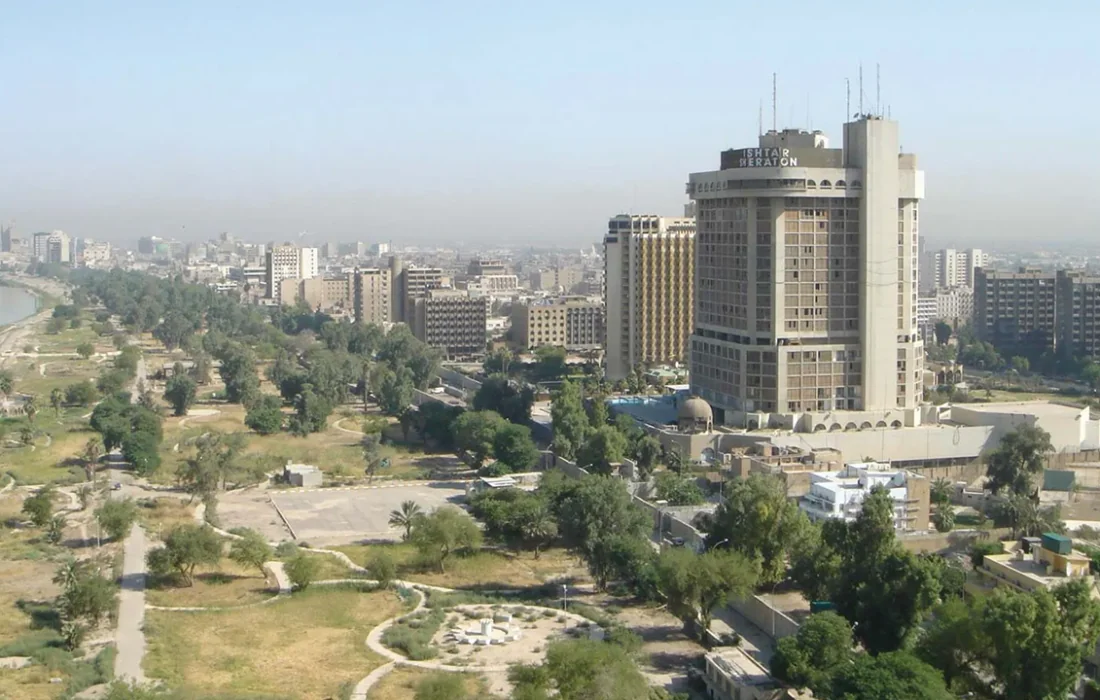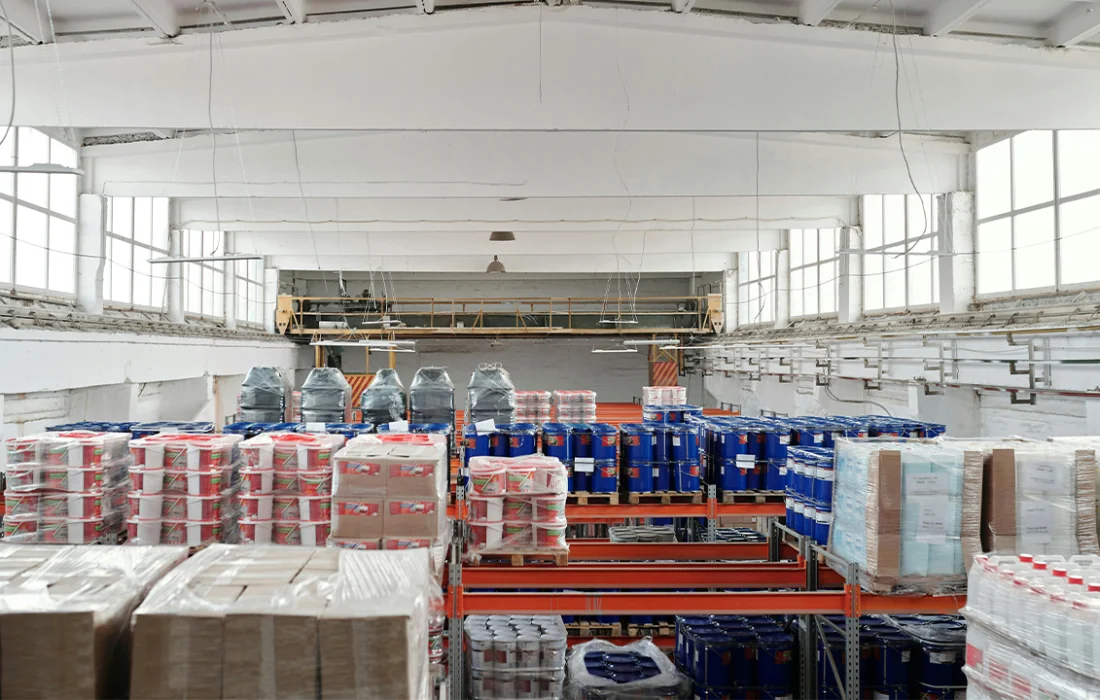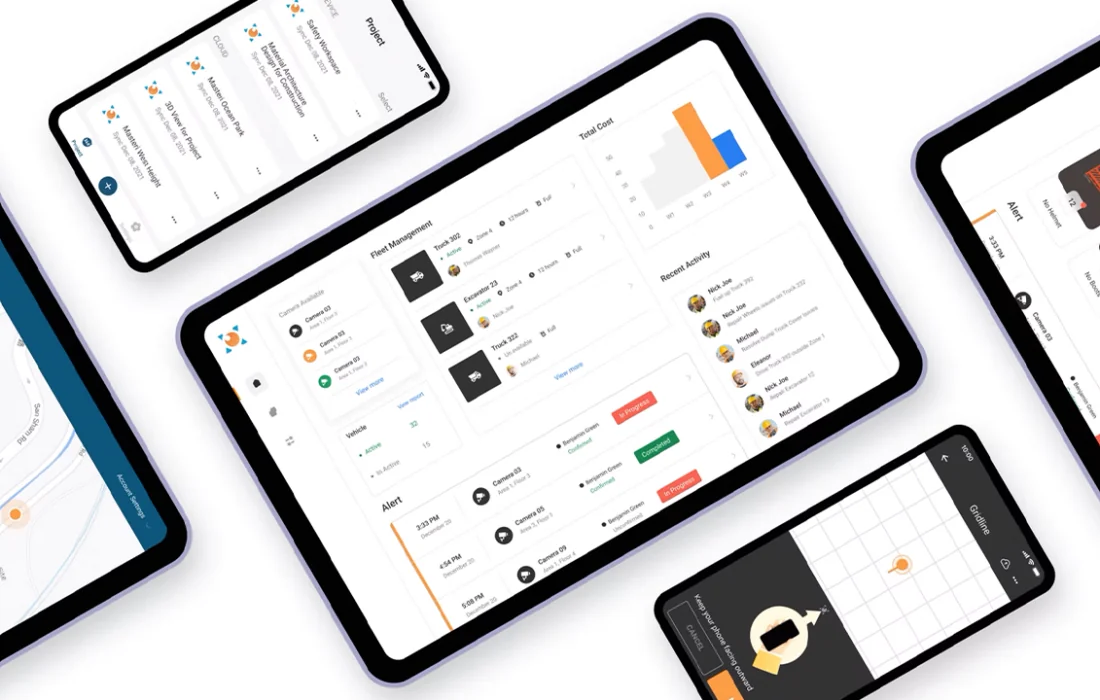- Google opens applications for its 2025 Africa Accelerator, targeting AI-driven startups from seed to Series A stages.
- Selected startups will get mentorship, training, networking, and up to $350K in Google Cloud credits with no equity taken.
- To qualify, startups must be Africa-based, AI-focused, and have a live product with clear growth potential.
What happened? Google for Startup Accelerator Africa opened applications for its 2025 cohort.
This will be a hybrid program spanning 3 months, aiming to support seed to series A tech startups across Africa that are using AI to tackle challenges.The goal is to help startups across the continent tackle tough problems with bold, tech-driven ideas.
What is in it for participants? The two winners will receive equity free support and up to USD 350K in Google Cloud credits. In addition, selected participants will receive expert mentorship from google employees and industry leaders. They will also receive tailored technical training, strategic guidance, and networking opportunities with investors and partners across Africa.
African Startups
Who is eligible? The startups must be headquartered in Africa and have at least one African founder. In addition, they must also offer a live product already in the market and also demonstrate clear product-market fit and potential to scale.
The startup must also have an AI-first approach or meaningfully integrate AI into their operations. Moreover, they must also be open to leveraging Google products to enhance their solutions,
Why does this matter? The Google for Startups Accelerator for Africa program, has worked with over 140 startups across 17 African countries . These startups have collectively raised more than USD 300 million and created over 3,000 jobs.
AI plays a crucial role in helping African innovators tackle big challenges from farming to fintech, healthcare to education.
Previous Successes Previously, Crop2Cash went through the Google for Startups Accelerator Africa program. It is an agritech company working to simplify agriculture and empower farmers with the digital tools they need to thrive.
It aims to bridge the gap between informal agricultural communities and formal economic structures. Through this it helps farmers build digital identities to ensure access to credit and traceable payments.
If you see something out of place or would like to contribute to this story, check out our Ethics and Policy section.














